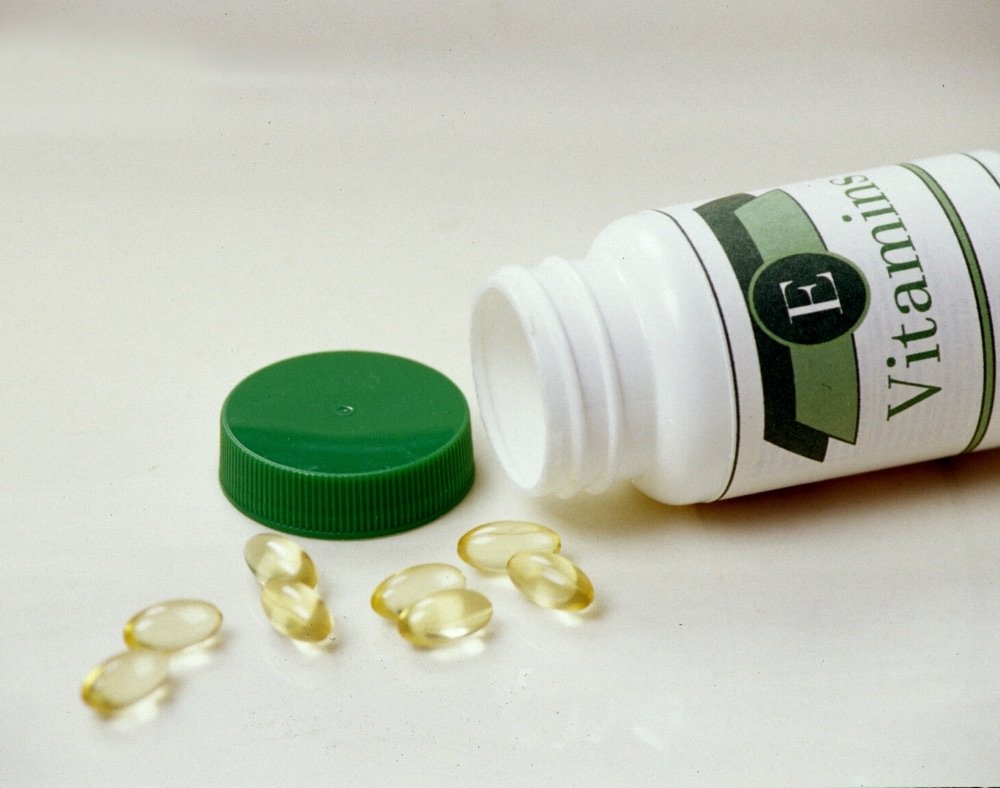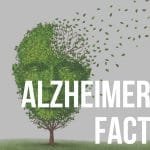Several theories exist regarding the fight against AD (Alzheimer’s disease), including vitamin E and Alzheimer’s.
Researchers have proposed that vitamin E may be a potential clinical intervention for AD. This is after several bodies have conducted research to support this theory.
One study claims that a hefty dose of vitamin E taken daily can help slow down the progression of Alzheimer’s.
Dr. Maurice Dysken, who was part of this study published in the Journal of the American Medical Association, stated that patients who were given a vitamin E pharmacological dose experienced a slower decline in memory and thinking.
The study, however, also brought out the fact that the vitamin does not fight the cause of dementia, which implies that it is not a cure.
Contents
Vitamin E can help slow the progression of Alzheimer’s
The study with over 600 participants at different medical centers involved persons with moderate to mild Alzheimer’s. The large group was split into quarters where each received various types of therapy.
One group was receiving a dose of 2,000 IU (international units) of tocopherol a type of vitamin E. This constitutes a relatively large dose when you compare this to the multivitamins that most people take daily.
The other groups were getting Alzheimer’s medication known as memantine, which also has vitamin E or a placebo.
The results of the study showed that the participants taking vitamin E alone had a 19% reduction in the decline rate as compared to the persons on placebo.
This simply means that the persons taking vitamin E experienced over six months’ delays in Alzheimer’s progression, according to the researchers.
When it comes to vitamin E and Alzheimer’s, the delay can be very beneficial in persons who have the disease.
In persons with mild or moderate Alzheimer’s, this can mean more independence where individuals with the illness can do more daily activities without help from caregivers.
Researchers also concluded that participants of the study taking vitamin E alone needed fewer hours of daily care (about 2-3 hours less).
What is Vitamin E?

Now that you are aware of the link between vitamin E and Alzheimer’s, it helps to know that the vitamin is and its source.
Vitamin E refers to a fat-soluble compound that is majorly present in plants. The vitamin is an important micronutrient for humans.
It is helpful in the maintenance of cell membrane integrity. Experts recommend that your diet should have between 3-15 mg of vitamin E.
You mostly get the vitamin from edible oils and seeds like peanuts, almonds, palm oil, olive, canola, coconut, soybean, and corn.
These have high levels of tocotrienols and tocopherols. Plant foods, on the other hand, like vegetables and fruits, contain scarce quantities.
Is Vitamin E Safe for Individuals with Alzheimer’s?

Tackling the topic of vitamin E and Alzheimer’s means that it is essential to talk about this treatment option.
Experts’ advice that vitamin E therapy appears to be quite safe and persons taking it are not at risk of worsening symptoms or death.
However, not everyone will have the same reaction to high doses of the vitamin. It is, therefore, crucial to seek medical advice before taking the vitamin.
The doctor may ask several questions before giving the go-ahead such as:
1. Is dementia as a result of AD? This is because so far, only persons with Alzheimer’s reap the benefits of the vitamin. It may not work positively for persons who have other forms of dementia.
2. Are there other supplements a person is taking? This will let the medic know whether the individual should discontinue the other supplements.
3. What is the medical history of the suffering person? This determines if there will be a substantial risk of consuming vitamin E.
Does Vitamin E Prevent Alzheimer’s?

Studying the connection between vitamin E and Alzheimer’s demands that researchers also look into whether the vitamin can help to prevent the development of the disease.
Multiple studies revealed that taking vitamin E does not prevent AD from developing in healthy seniors. A study that took place over the course of eight years ascertains this fact.
This was done in a bid to highlight the challenges of finding appropriate treatments for Alzheimer’s disease, as well as other dementia forms.
Researchers opted to take this route with the study because vitamin E is a powerful antioxidant that is known to protect cells in the human body, including cells present in the brain and blood vessels.
Antioxidants work by sopping up excess free radicals that damage cells ensuring that the cells remain healthy and strong.
Closing Thoughts
Regarding vitamin E and Alzheimer’s, there is still more research necessary to figure out how vitamins help persons with the disease.
Currently, researchers are still not sure about how vitamin E helps to slow down mental decline.
Perhaps it is due to its strong antioxidant properties that work for the benefit of individuals who have Alzheimer’s.







